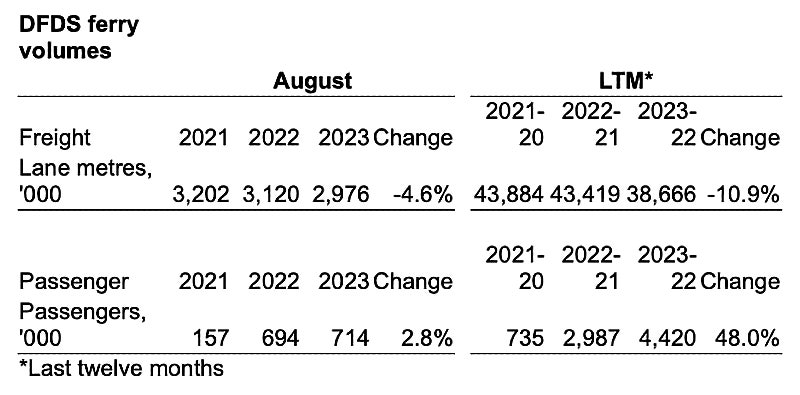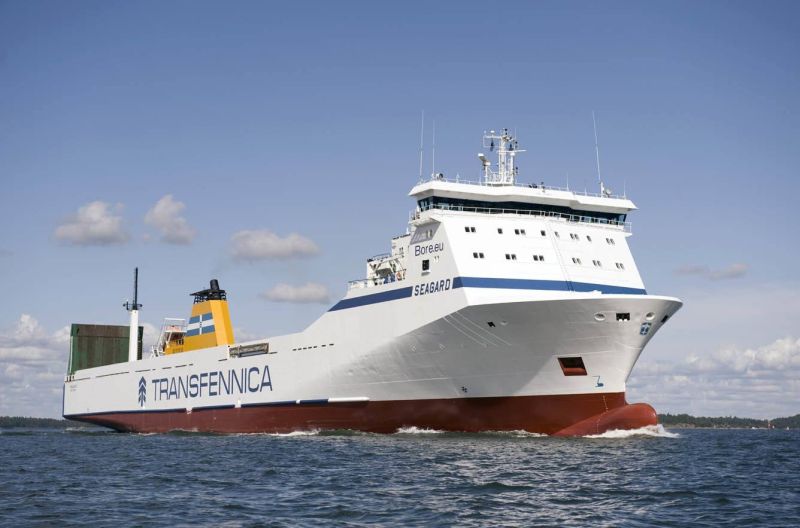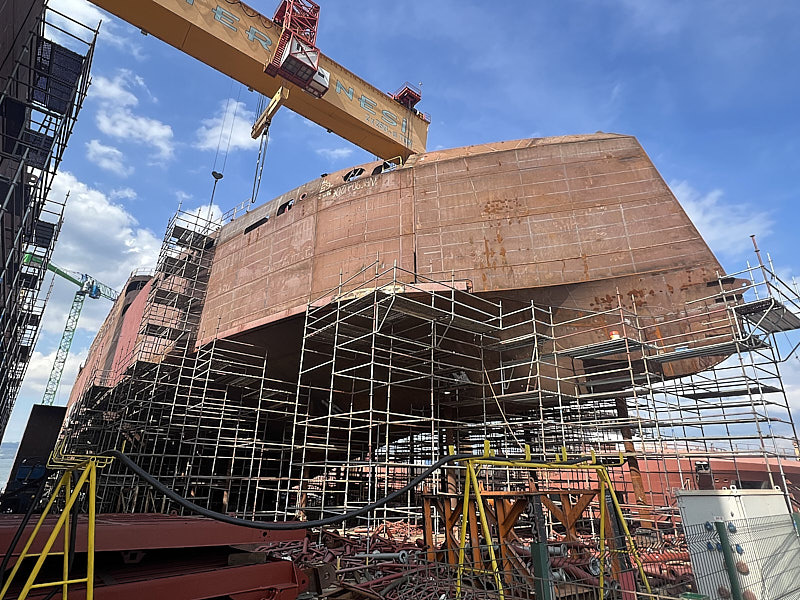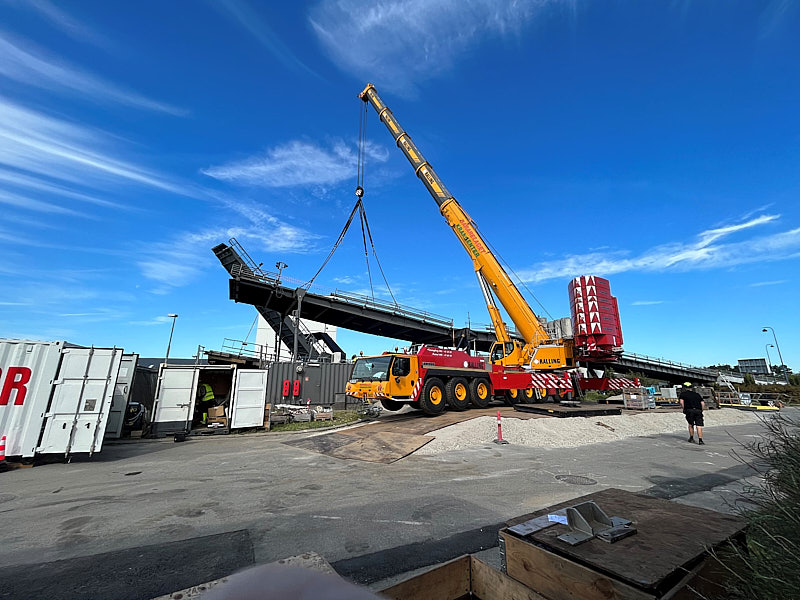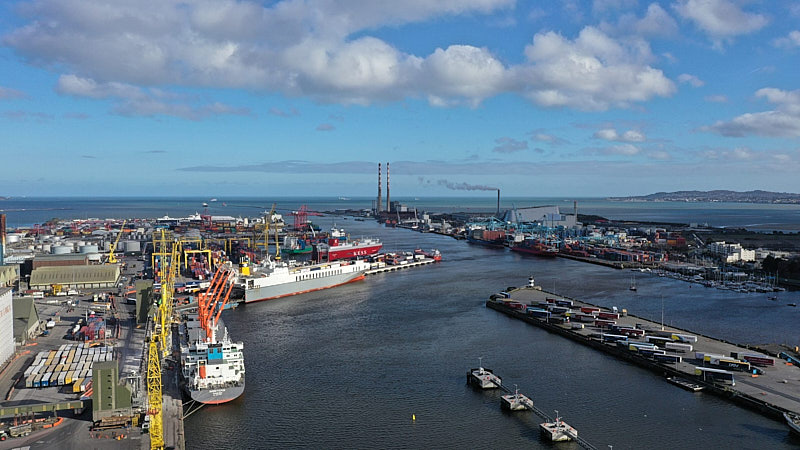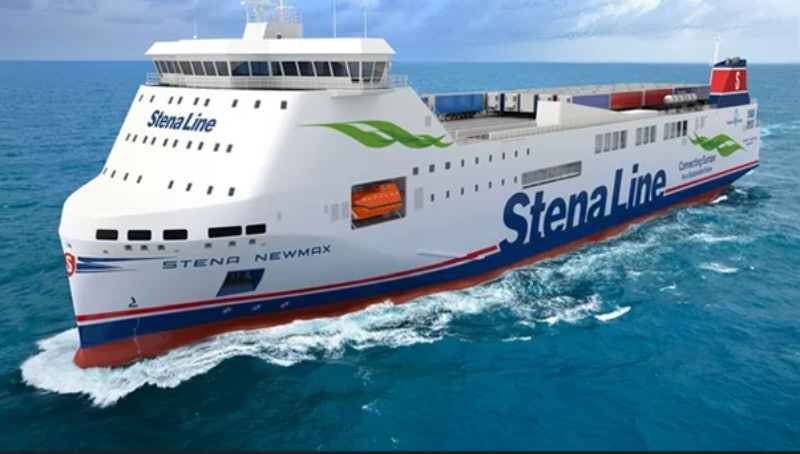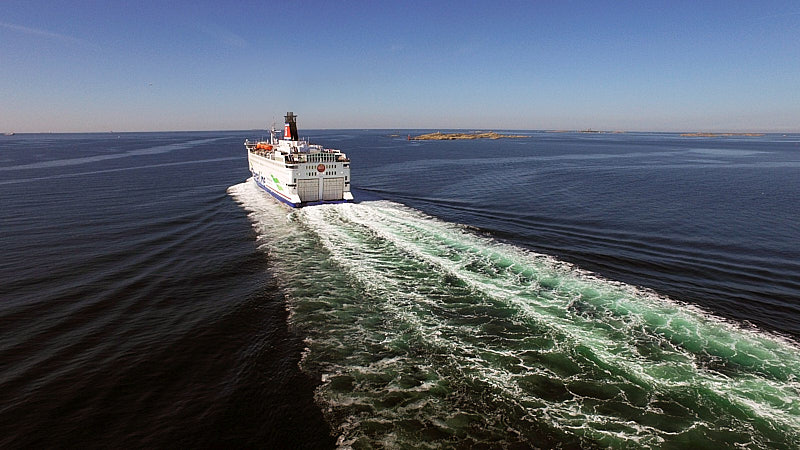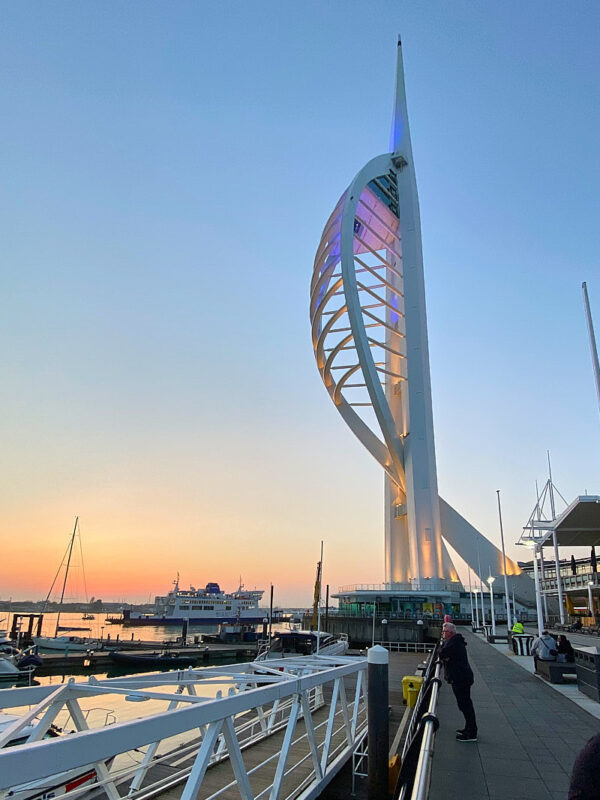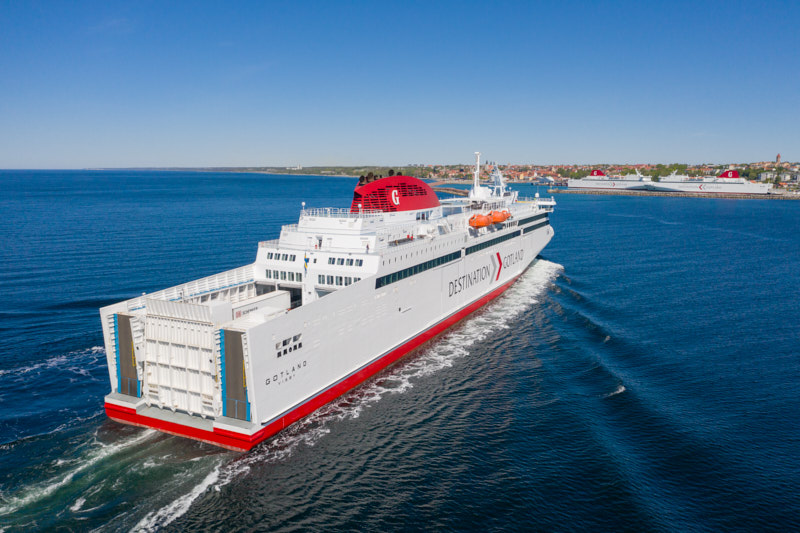Ferry – freight
- Total volumes in August 2023 were 4.6% below 2022. Volumes were 1.6% below 2022 adjusted for Channel.
- North Sea volumes were above last year driven by higher volumes on most routes.
- Mediterranean’s volumes were below last year as growth is being reduced by measures to curb inflation in Türkiye and a slowdown in European demand.
- Channel volumes were below 2022 which still reflects the redistribution of market shares that took place in August 2022 in the wake of a P&O Ferries’ suspension of sailings in 2022.
- Baltic Sea volumes closed in further on 2022 with one route transporting volumes above 2022.
- For the last twelve months 2023-22, the total transported freight lane metres decreased 10.9% to 38.7m from 43.4m in 2022-21. The decrease was 4.2% adjusted for Channel.
Ferry – passenger
- The number of passengers increased 2.8% driven by more passengers in all three passenger areas.
- The number of cars decreased 0.8% due to mainly fewer cars between the Netherlands and the UK.
- For the last twelve months 2023-22, the total number of passengers increased 48% to 4.4m from 3.0m in 2022-21.


